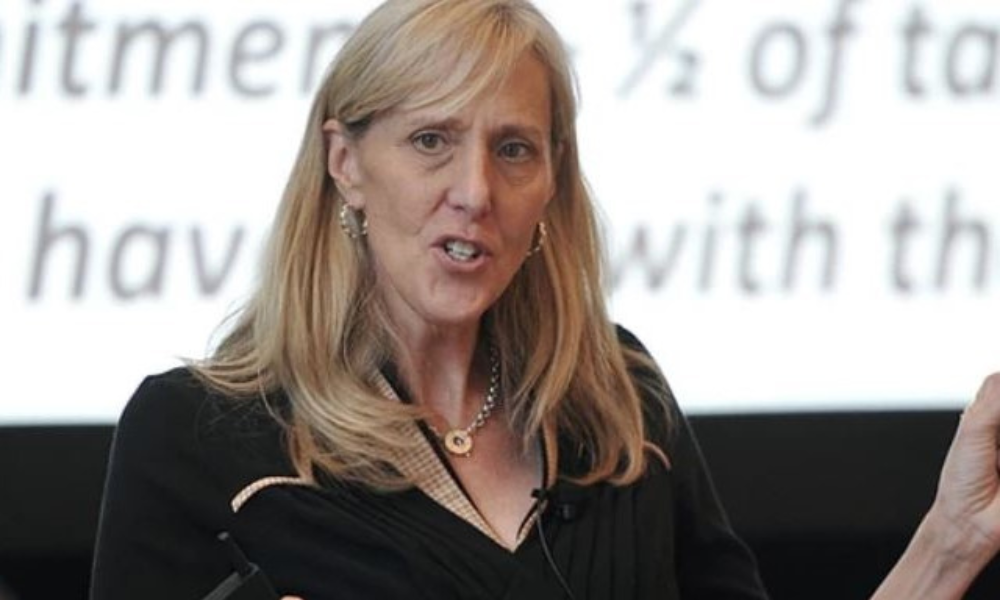TD survey shows there's a 'say-do' gap around responsible investing

Advisors can help to reduce the say/do gap that’s appearing between what clients say they want in environmental, social, and governance (ESG) investing, and what they actually do, according to one behavioural finance expert, who's seen the stark results in a recent survey.
“One of the key findings is that it appears as though what people value as important doesn’t always line up with their behaviour,” Lisa Brenneman, head of behavioural finance at TD Wealth, told Wealth Professional.
“What people valued were things that are often classified in the sustainable investing world as social issues – human rights, equal pay, workplace safety. But, when it came to their dollars, what they would invest in was environmental issues. What came to the top were things like solar energy or gas emissions or responsible water management.
“In the world of behavioural science, that’s called the say-do gap. People say what they would like, or they would value, and what’s important, but sometimes they do something very different.”
While it’s a completely normal human response, Brenneman said people tend to invest in something more concrete – like solar panels – rather than social issues. But, they will often address the social – rather than environmental – issues, through their philanthropic donations.
TD Wealth does a new survey each year, and this year’s Behavioural Finance Industry Report surveyed 1,500 affluent and emerging affluent Canadian investors. It found:
- 91% of the current sustainable investing (SI) investors said ESG issues were important to them
- 49% said they want to make investments that align with their personal values, especially in social issues
- 70% of women and only 55% of men want to include SI mandates in their portfolios
- 62% of those surveyed said they intend to pursue SI in the next year
But, there was a real disconnect when it came to the survey respondents’ actual portfolios or behaviours:
- only 8% of respondents had SI strategies in their portfolios
- 51% of current and future investors allocate, or intend to allocate, less than 25% of their portfolio to SI
- Only 17% would allocate more than half of their portfolio to SI
- while social issues dominated the list of ESG issues that investors deemed ‘very important’ to them, all of the top five investing issues were actually environmentally-focused
- 35% of those who intended to invest in SI over the next year have no idea how to do it or how much to invest
The other thing that Brenneman noted was that the survey showed is that people don’t really know the term, ESG. They also find the area complex and confusing, and there are still misconceptions of what it is and what it can do. Brenneman said those who are already investing in SI are quite positive about its ability to delivery strong returns, but those who aren’t are much more pessimistic about it.
TD is using the survey research to inform how its advisors will ask client questions to discern their values and financial goals. It will also use it to continue to educate its advisors, so they can recommend the right solution for their clients.
She said other advisors could help to alleviate the confusion by explaining the jargon and options, and “asking their clients the right questions to help them get to the right ESG investment for them.
“The advisor needs to ask some more questions to see what fits their risk profile, their goals, and their needs. It could be multiple things,” said Brenneman. “They can find out about all the things that are important to them because I bet one or more of those would really fit their investment strategy, and the advisor could help to make that work for them so they can reach their goals.
“If they don’t necessarily fit their financial goals, advisors can help their clients find other ways to support what’s important to them. Perhaps it’s philanthropy. Perhaps it’s some sort of private giving solution. They can map out what’s important and make sure those things line up really well.”



